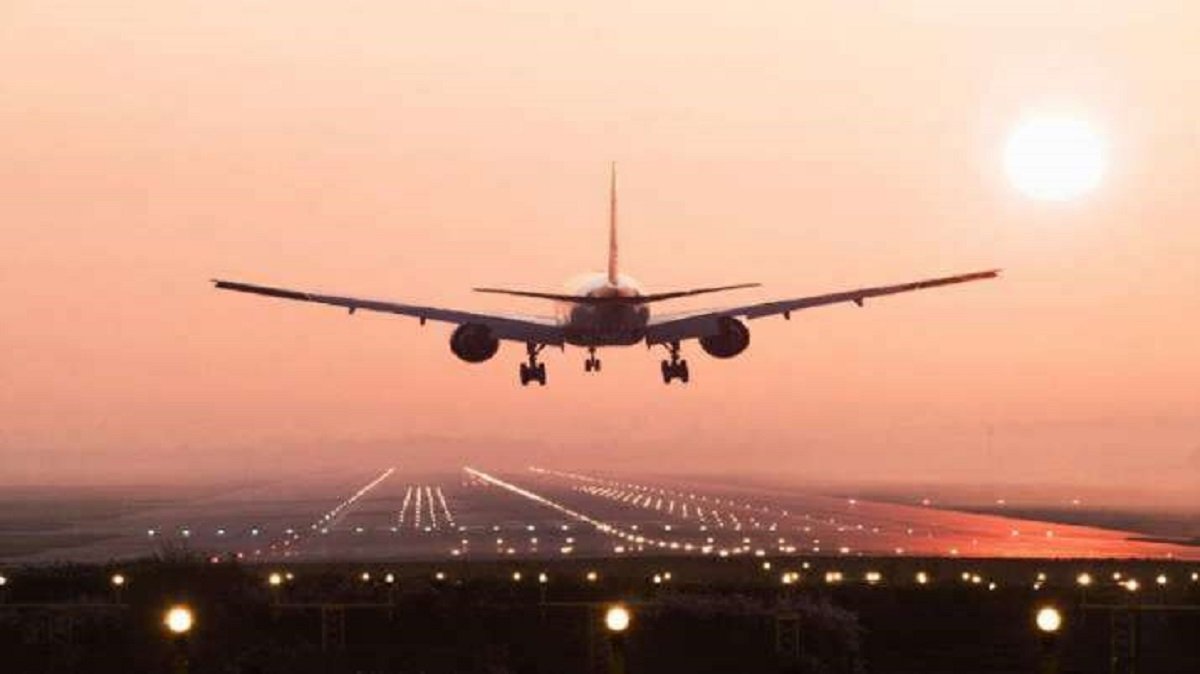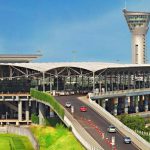In what comes as a breather for the country’s pharmaceutical industry, Chinese state-owned Sichuan Airlines has resumed its cargo services to India.
In view of the alarming rise in COVID-19 cases, Sichuan Airlines had decided to suspend its services to India for 15 days from the end of last month. In consequence thereof, this step threatened to disrupt the pharmaceutical, medical devices and oxygen concentrator supply chains in India.
As informed by sources, Sichuan Airlines is resuming its operations from Chengdu to Chennai on May 12, while it had already restarted operations from Chengdu to Bengaluru on May 9.
China has also permitted multiple cargo operations to India to avoid a crisis. Chengdu is one of the major sources for pharmaceutical raw material for Indian drug manufacturers.
As of now, India is sourcing almost 70% of drug intermediates, key starting materials and active pharmaceutical ingredients (APIs), which are essential raw materials required for manufacturing the medicines from China.
India imports almost 50% of the APIs that go into the manufacture of products mentioned in the National List of Essential Medicines (NLEM) from China. Even though India’s production-linked incentive (PLI) scheme is directed at cutting down this import dependency, it can only have an impact in the medium to long term.
After China decided to suspend services, the Pharmaceuticals Export Promotion Council of India (Pharmexcil) had sought the intervention of the Indian embassy in China to take requisite steps to restore the supply chain of pharmaceutical raw materials by either persuading Sichuan Airlines to resume its operations or arranging India air cargo players to lift the medical supplies in larger public health interest.
Indian pharmaceutical industry is reeling under pressure from within India and abroad to match up to its supply commitments at the moment.
This comes at a time when the industry was already struggling with increased freight cost and shortage of containers when China decided to suspend its cargo services to India as a COVID-19 precaution.
SOURCE: logisticsinsider.in






